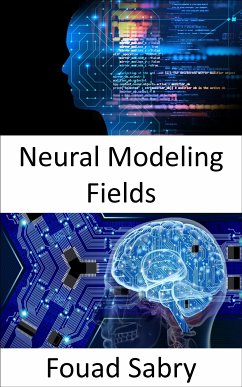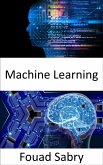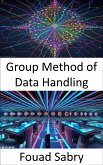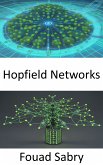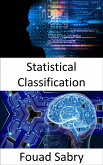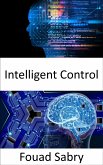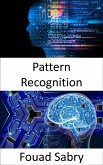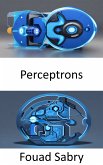Neural modeling field (NMF) is a mathematical framework for machine learning that integrates ideas from neural networks, fuzzy logic, and model based recognition. Its acronym stands for "Neural Modeling Field." Modeling fields, modeling fields theory (MFT), and Maximum likelihood artificial neural networks (MLANS) are some of the other names that have been used to refer to this concept.At the AFRL, Leonid Perlovsky is the one responsible for developing this framework. The NMF can be understood as a mathematical description of the machinery that make up the mind. These mechanisms include ideas, feelings, instincts, imagination, reasoning, and comprehension. The NMF is organized in a hetero-hierarchical structure that contains many levels. There are concept-models that encapsulate the knowledge at each level of the NMF. These concept-models generate so-called top-down signals, which interact with input signals that come from lower levels. These interactions are governed by dynamic equations, which are responsible for driving concept-model learning, adaptation, and the development of new concept-models for better correspondence to the input, bottom-up signals.
How You Will Benefit
(I) Insights, and validations about the following topics:
Chapter 1: Neural modeling fields
Chapter 2: Machine learning
Chapter 3: Supervised learning
Chapter 4: Unsupervised learning
Chapter 5: Weak supervision
Chapter 6: Reinforcement learning
Chapter 7: Neural network
Chapter 8: Artificial neural network
Chapter 9: Fuzzy logic
Chapter 10: Adaptive neuro fuzzy inference system
(II) Answering the public top questions about neural modeling fields.
(III) Real world examples for the usage of neural modeling fields in many fields.
(IV) 17 appendices to explain, briefly, 266 emerging technologies in each industry to have 360-degree full understanding of neural modeling fields' technologies.
Who This Book Is For
Professionals, undergraduate and graduate students, enthusiasts, hobbyists, and those who want to go beyond basic knowledge or information for any kind of neural modeling fields.
Dieser Download kann aus rechtlichen Gründen nur mit Rechnungsadresse in A, B, BG, CY, CZ, D, DK, EW, E, FIN, F, GR, H, IRL, I, LT, L, LR, M, NL, PL, P, R, S, SLO, SK ausgeliefert werden.

